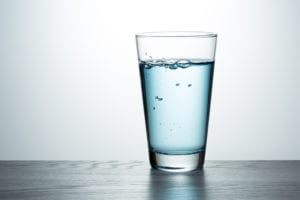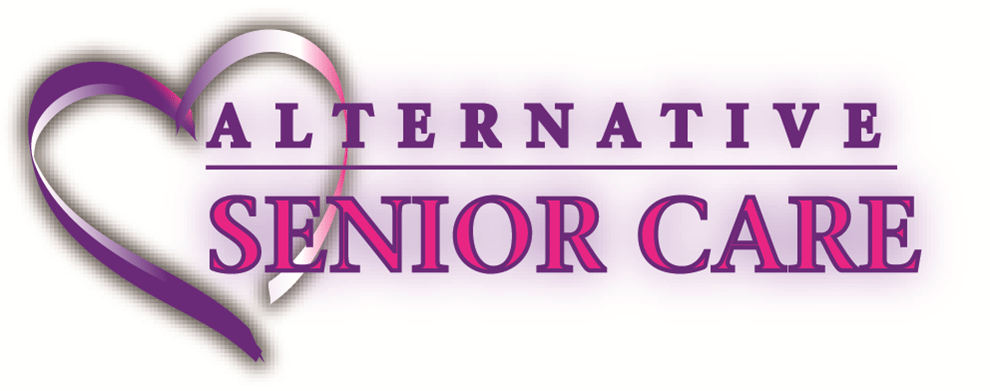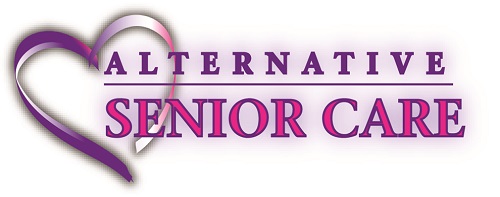5 Ways to Prevent Dehydration in Your Aging Parent

Elder Care Albany MN: 5 Ways to Prevent Dehydration in Your Aging Parent
If an elderly person loses body fluids without replenishing them, it is a condition known as dehydration. The loss of fluids from the body can translate to extremely serious health issues, especially in seniors. Without plenty of water, an aging adult can really endanger their life as their systems struggle to function properly. Fortunately, dehydration is a completely preventable problem when family caregivers and elder care providers closely monitor the elderly adult’s fluid intake.
When seniors show signs of dehydration, family caregivers may confuse them with other age-related conditions and let the condition go untreated. Common symptoms include dry mouth, infrequent urination, urine that is dark and smelly, dizziness, lack of elasticity in the skin, inability to shed tears, dizziness, and unconsciousness. If the dehydration is not reversed, it can lead to kidney failure and death. That’s why it is so important for family caregivers and elder care providers to get serious about proper hydration in the senior’s daily intake.
Here are 5 ways that family caregivers and elder care providers can prevent dehydration in aging adults:
1. Drink with Every Meal
Not only will drinking with every meal help with digestion, it hydrates the body. Seniors can choose to have water, milk, tea, coffee, and even a little juice to make their meal complete. While water is the best choice, the other options provide plenty of water and are good as a second option. Seniors should avoid alcohol and soda, however, as they have no nutritional value and don’t really hydrate the body well.
2. Eat Water-Rich Foods
Not all fluids have to come in purely liquid form. Aging adults can get a lot of water from juicy fruits and vegetables. Examples include watermelon, strawberries, melon, peaches, celery, lettuce, cucumbers, tomatoes, and eggplant. Adding some of these foods into healthy meals can deliver much-needed fluids to an elderly person’s body.
3. Carry a Water Bottle
Sometimes seniors don’t have the ability to get themselves a drink when they are thirsty. This can be especially true for aging adults who are confined to a wheelchair or are bedridden. Elder care providers should make sure that a water bottle is always handy for the aging adult and encourage them to drink frequently.
4. Regulate Temperature and Clothing
Elderly adults can lose a lot of fluids from being too warm and sweating it away, even in the winter. They should be dressed in layers and be able to warm up and cool down as the temperatures change. Being too hot can lead to dehydration, especially in the summer months. Family caregivers and elder care providers must help seniors regulate their body temperature to preserve fluids in the body.
5. Give Extra Fluids When Sick
Aging adults can lose a lot of body fluids when they are sick from vomiting or from diarrhea. In fact, this is one of the fastest ways that seniors can become dehydrated. If an elderly adult is sick, family caregivers and elder care providers need to push liquids more than ever, whether it’s water and sports drinks or soup and fruit.
If you or an aging loved-one are considering elder care in Albany, MN, please contact the caring staff at Alternative Senior Care today. Providing Home Care in Central Minnesota and Surrounding Communities. Call us Today (320) 352-3350.
- Meet two of the ladies who are really making a difference:Faith and Hannah - May 28, 2025
- Helping Seniors Manage Tinnitus - May 21, 2025
- Why Are ADLs and IADLs Significant for Seniors? - May 8, 2025


